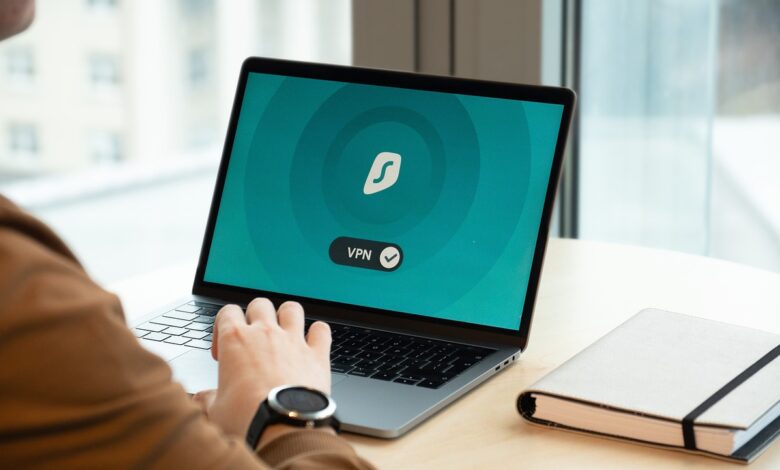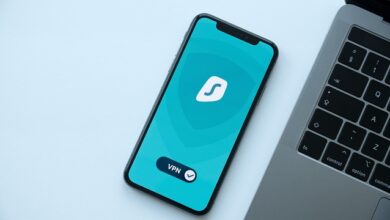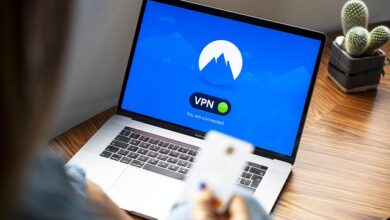How to Bypass Geo-Restrictions with a VPN

In today’s digital age, accessing content from anywhere in the world has become increasingly important for users who want unrestricted access to their favorite websites, streaming services, and online platforms. However, geo-restrictions—limits placed on content based on geographical location—can often stand in the way of this freedom. Fortunately, using a Virtual Private Network (VPN) is one of the most effective ways to bypass these restrictions and enjoy seamless access to global content. Below, we will explore what geo-restrictions are, why they exist, and how you can use a reliable VPN to overcome them.
What Are Geo-Restrictions?
Geo-restrictions refer to limitations imposed by websites or services that restrict access to certain content based on the user’s physical location. These restrictions are typically determined by detecting the IP address of the device being used to connect to the internet. An IP address acts as an identifier for your device and reveals information such as your country, city, and even approximate coordinates.
Examples of Geo-Restrictions:
- Streaming Services: Platforms like Netflix, Hulu, BBC iPlayer, and Amazon Prime Video offer different libraries depending on where you’re located.
- Online Shopping: Some stores may block international orders or display prices in local currencies only.
- Social Media & Messaging Apps: Certain apps might be unavailable in specific regions due to government regulations.
- Government Censorship: In some countries, governments impose strict controls over the internet, blocking access to social media, news sites, and other forms of communication.
Why Do Geo-Restrictions Exist?
There are several reasons why companies and governments implement geo-restrictions:
- Copyright Laws: Content providers must adhere to licensing agreements that vary across regions. For example, a movie studio may sell exclusive rights to stream a film in North America but not in Europe.
- Regulatory Compliance: Governments enforce laws that require businesses to restrict access to certain types of content within their borders.
- Market Segmentation: Companies may tailor pricing strategies or product offerings based on geographic markets to maximize revenue.
- Cultural Sensitivity: Some content may be deemed inappropriate or offensive in certain cultures, leading to regional bans.
While geo-restrictions serve legitimate purposes in many cases, they can also frustrate users who simply want equal access to information and entertainment regardless of their location.
How Does a VPN Help You Bypass Geo-Restrictions?
A Virtual Private Network (VPN) encrypts your internet connection and routes it through a server located in another country. This process effectively “hides” your real IP address and replaces it with one from the chosen server location. As a result, websites and services perceive you as connecting from the new location rather than your actual one, allowing you to bypass geo-restrictions.
Step-by-Step Guide to Using a VPN to Bypass Geo-Restrictions:
1. Choose a Reliable VPN Provider
- Look for a provider that offers servers in multiple countries, ensuring you have options for accessing region-specific content.
- Ensure the service provides strong encryption protocols (e.g., AES-256) and adheres to a strict no-logs policy for privacy protection.
- Popular choices include ExpressVPN, NordVPN, Surfshark, and CyberGhost.
2. Download and Install the VPN Software
- Most reputable VPNs provide easy-to-use applications for various devices, including Windows, macOS, Android, iOS, Linux, and routers.
- Follow the installation instructions provided by the vendor.
3. Connect to a Server in Your Desired Location
- Open the VPN app and browse the list of available servers.
- Select a server located in the country where the restricted content is accessible. For instance, if you want to watch U.S.-only shows on Netflix, choose a U.S.-based server.
4. Verify Your New IP Address
- Use a website like whatismyip.com to confirm that your IP address reflects the selected server location.
5. Access Restricted Content
- Once connected, visit the website or launch the application you were previously unable to access. The service should now recognize you as coming from the chosen location and grant you access accordingly.
Key Features to Consider When Choosing a VPN
Not all VPNs are created equal. To ensure you get the best experience when bypassing geo-restrictions, consider the following features:
1. Server Coverage
- A wide network of servers ensures flexibility in choosing locations and reduces congestion, which improves speed and reliability.
2. Speed Performance
- High-speed connections are crucial for activities like streaming HD videos or downloading large files without buffering issues.
3. Security Protocols
- Opt for a VPN that uses robust security measures, such as military-grade encryption and kill switches to protect your data in case the connection drops.
4. No-Logs Policy
- Privacy-conscious users should prioritize providers that do not log any personal or browsing activity.
5. Customer Support
- Around-the-clock support via live chat or email can help resolve technical issues quickly.
6. Compatibility
- Make sure the VPN works seamlessly across all your devices, including smartphones, tablets, laptops, smart TVs, and gaming consoles.
Common Misconceptions About Using a VPN
Despite its popularity, there are still misconceptions surrounding the use of VPNs to bypass geo-restrictions:
Myth #1: All Websites Allow Access Through a VPN
- While most websites accept traffic from VPNs, some platforms actively block known VPN IP addresses to prevent unauthorized access. To counter this, premium VPNs employ advanced techniques like obfuscated servers and dynamic IP allocation.
Myth #2: Free VPNs Are Just as Effective as Paid Ones
- Free VPNs often lack essential features like extensive server networks, high speeds, and strong encryption. Additionally, free services may compromise user privacy by selling data to third parties.
Myth #3: Using a VPN Is Illegal
- In most countries, using a VPN is perfectly legal. However, engaging in illegal activities while behind a VPN remains prohibited. Always check local laws before subscribing to a VPN service.
Benefits Beyond Bypassing Geo-Restrictions
Using a VPN isn’t just about unlocking blocked content; it offers numerous additional benefits:
- Enhanced Online Privacy: Protect your personal data from prying eyes, especially when using public Wi-Fi networks.
- Anonymity: Conceal your identity and browsing habits from advertisers, ISPs, and hackers.
- Secure File Sharing: Safely transfer sensitive documents or collaborate remotely with colleagues.
- Unlimited Internet Freedom: Access censored websites and express yourself freely without fear of retaliation.


